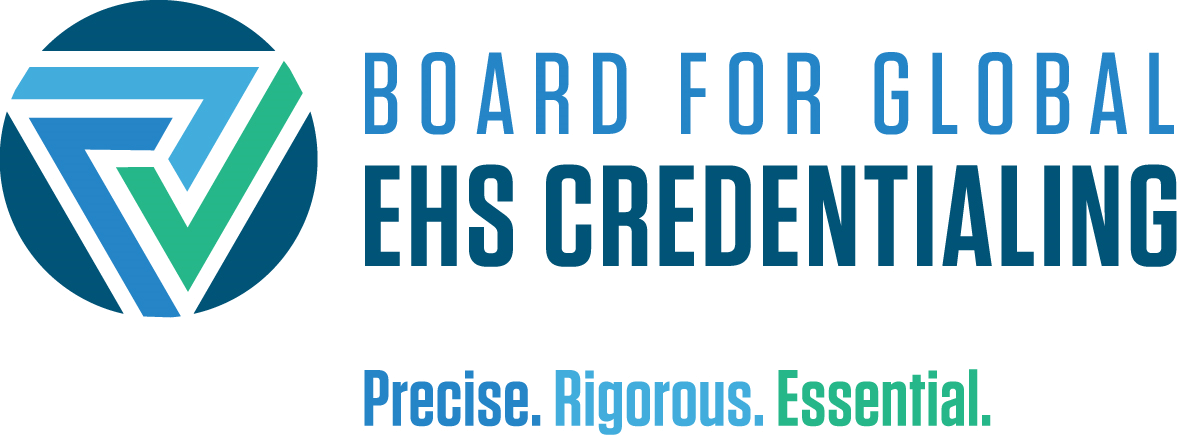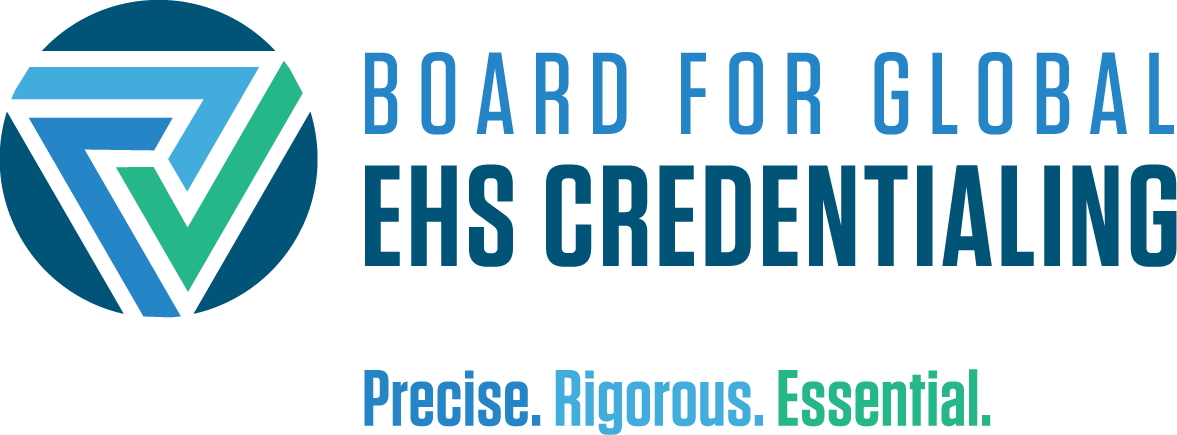Requirements to Be Eligible for the EPI
Academic Requirements
Your current career stage determines whether you qualify to apply for the EPI designation or the full QEP credential. Your career stage also determines the academic requirements that you must meet to qualify to sit for an exam.
Individuals with less than five years of professional environmental work experience are only eligible for the EPI. College or university seniors working toward a bachelor’s degree in physical sciences, earth sciences, natural sciences, engineering, or mathematics are also eligible for the EPI as are graduates who already have one of these degrees.
Individuals who have 5 or more years of professional work experience cannot receive the EPI designation.
Degrees must be conferred by a a college or university that is acceptable to the Board, see the “Documents Needed” section of the EPI Handbook, for more detail on acceptable degrees.
| Eligibility | Professional Level Environmental Work | Minimum Education Required |
| EPI | Less than five years | College or University Senior: Enrollment in a bachelor’s degree program in physical sciences, earth sciences, natural sciences, engineering, or mathematics |
| Early-career professional: Bachelor’s degree or equivalent in physical sciences, earth sciences, natural sciences, engineering, or mathematics | ||
| QEP | Eight years | Bachelor’s degree in any discipline |
| Five years | Bachelor’s degree or equivalent in physical sciences, earth sciences, natural sciences, engineering, or mathematics |
Experience Requirements
Early career professionals with less than 5 years of professional environmental work experience and students are only eligible to apply for the EPI designation, which does not require documentation of professional work experience to sit for the General Environmental Science Exam.
 |
Avoid Investigations about the Validity of Your References and Documents: When references from different people have identical wording, they will be investigated to determine who actually prepared the reference. This can cause delays that may cause you to be prevented from taking the exam or being blocked permanently if you are found to have prepared the content of the reference. Sometimes, your supervisors and colleagues who are providing your references may need a memory jog about the work that you have done for them. Provide it verbally, not in writing or from a written job description, so that they are not tempted to cut and paste. Make sure that what you tell them is unique to the job that you did to avoid giving exactly the same information to other references and employers. |
Professional References
Individuals wishing to apply for an EPI designation must provide three references from environmental professional. Applicants for the EPI must minimally have references submitted from three environmental professionals who are familiar with your academic abilities and achievements such as professors from your degree program. Applicants for the EPI who also have actual environmental work experience are encouraged to obtain references from supervisors or others who are familiar with your environmental work.
Each reference must be provided on the Board’s QEP Professional Reference Questionnaire Form (PRQ), have a hand-written signature (not a typed or script font) or a digital signature, and be prepared only by the person giving the reference. This form can be found on the BGC website in the QEP Documents & Forms section.
Avoid Investigations about the Validity of Your References and Documents: When references from different people have identical wording, they will be investigated to determine who actually prepared the reference. This may cause you to be prevented from taking the exam or being blocked permanently if you are found to have prepared the content of the reference. Sometimes, your supervisors and colleagues who are providing your references may need a memory jog about the work that you have done for them. Provide it verbally, not in writing or from a written job description, so that they are not tempted to cut and paste. Make sure that what you tell them what was unique to the acheivements that you areasking them to base their reference on and avoid giving exactly the same information to others that you are requesting references from.
EPI Candidate Handbook
Ethics Requirement
Regardless of any other professional affiliation, the BGC Code of Ethics applies to each individual seeking certification (candidates) and each individual certified by BGC credentialing programs or holding a BGC designation (certificants). The Code serves as the minimum ethical standards for your professional behavior and is designed to provide both appropriate ethical practice guidelines and enforceable standards of conduct. The Code also serves as a professional resource for EHS professionals, as well as for those served by BGC candidates and certificants. Consequently, you are required to adhere to the BGC Code of Ethics and to be governed by the BGC Ethics Case Procedures.






